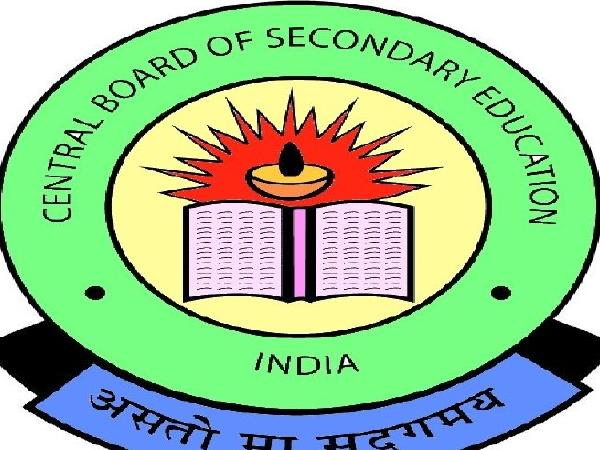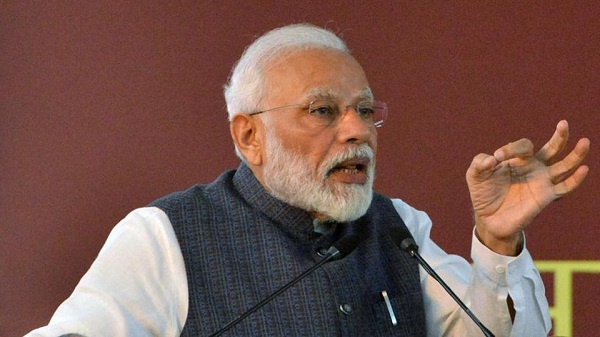The government of Bangladesh has initiated a process to introduce a unified curriculum for kindergartens, madrasas and primary education institutions to establish a common education standard.
The Prime Minister Sheikh Hasina speaking at the two-day long ministerial meeting of South Asia Education for All Forum said the newly formed Education Policy Formulation Committee, which aims to achieve a viable education system for the country, has already submitted its recommendations and the government is finding modalities to implement them. Education ministers and secretaries from Bangladesh, India, Sri Lanka, Pakistan, Nepal, Maldives, Bhutan and Afghanistan and a number of education experts, EFA coordinators and NGO activists attended the meeting.
She said that the government is taking the initiative of introducing pre-primary classes in all schools to increase the enrolment ratio. “The present government is committed to enrolling all school-age children by 2011 and achieving full literacy by the year 2014,” she said, adding that at present 91 percent of school-age children go to schools. Access, retention and qualitative improvement of primary education are the targets to be achieved under the Second Primary Education Development Programme (PEDP-II).40,000 additional classrooms, 397 upazila resource centres, and 398 school-cum-cyclone shelters are being constructed under this programme. Recruitment of 45,000 teachers in primary schools will also significantly reduce the existing teacher-student ratio of 1:49, she added.
“Teachers’ training has also been given immense importance under the project,” while special attention is focused on children belonging to vulnerable groups and indigenous communities, she said. Hasina said measures have also been taken through learning centres to include out-of-school children and those who never enrolled. Besides, opportunity for basic education and skill training has been created for working children in six divisional cities and this programme will be expanded in all 64 districts, she added. The coverage of Primary Stipend Programme will be expanded from the existing 4.9 million students to 7.8 million to bring most poor students under it, said Hasina. Stipends are also being provided at present to female students of secondary and higher secondary levels to encourage them towards higher education.
Hasina said the school-feeding programme will be expanded to chars, haors, baors, hills and Monga-prone areas where enrolment and retention rate in primary schools is very low because of extreme poverty. She said 77.8 million textbooks will be distributed free among students up to secondary level in 2010. “About 47.7 million textbooks have been printed and distributed free among the students of primary schools in the 2009 academic year,” she said. “The government is committed to making the country free from hunger, poverty, illiteracy and corruption as envisioned in our election manifesto ‘Vision 2021’,” said the Awami League chief. “Education is the tool for achieving the dream. The government has already developed a national ICT policy and ICT-based new education policy for implementation of the vision.”
The prime minister urged all South Asian nations to work together to ensure education for all in the region.”We believe that realities of the 21st century demand education for excellence and excellence for all. In a global village, under performance in one corner affects the welfare of individuals in the other corner. Therefore, we have to work together to ensure EFA goals in this region,” said Hasina.





















